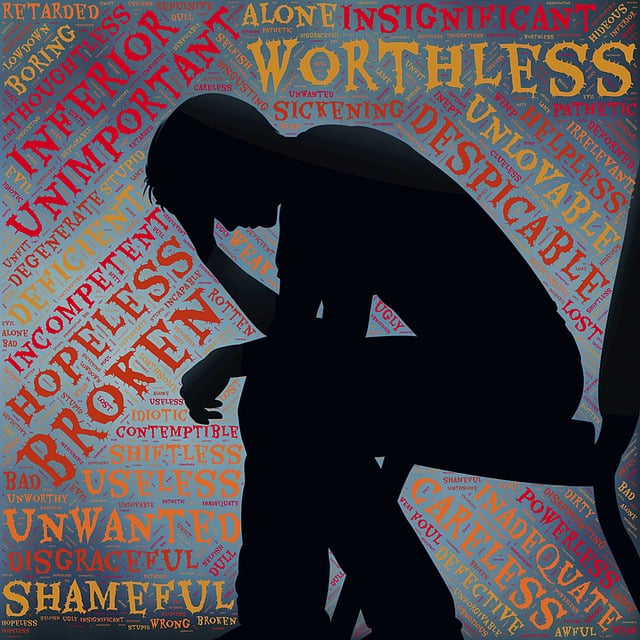In today’s fast-paced world, mental health challenges are more prevalent than ever. The Boulder Crisis Counseling Therapy (BCCT) program serves as a beacon of hope and support, offering crucial education on managing these issues. This article delves into the design of effective mental health education programs, exploring key components that mirror the success of BCCT. By understanding contemporary mental health struggles, implementing evidence-based strategies, and evaluating impact, schools and communities can foster healthier environments.
- Understanding Mental Health Challenges in Today's Society
- Components of an Effective Education Program
- Implementing and Evaluating the Boulder Crisis Counseling Therapy Program
Understanding Mental Health Challenges in Today's Society

In today’s fast-paced and often stressful world, understanding mental health challenges has become more critical than ever. According to Boulder Crisis Counseling Therapy, issues like anxiety, depression, and stress-related disorders are on the rise, affecting individuals across all demographics. This trend highlights the need for comprehensive mental health education programs that not only raise awareness but also equip people with practical tools for self-care routine development. By integrating Self-Care Practices, these programs can foster a culture of resilience and well-being.
The pervasiveness of mental illness stigma remains a significant barrier to seeking help. Mental Health Education initiatives must address this challenge through targeted Mental Illness Stigma Reduction Efforts. Creating safe spaces for open dialogue, promoting understanding, and sharing success stories from individuals who have overcome mental health struggles can significantly contribute to breaking down these social barriers. In the process, it encourages early intervention and improved access to care, ultimately enhancing the overall mental wellness of communities.
Components of an Effective Education Program

An effective mental health education program, such as those offered by Boulder Crisis Counseling Therapy, should incorporate a multifaceted approach to ensure comprehensive learning and skill development. Firstly, Coping Skills Development is paramount. These programs should teach participants practical strategies for managing stress, anxiety, and difficult emotions. Techniques like mindfulness meditation, deep breathing exercises, and cognitive reframing can empower individuals to navigate mental health challenges with greater resilience.
Additionally, incorporating Compassion Cultivation Practices can foster a supportive learning environment and encourage self-compassion. Encouraging journaling exercises that focus on mental wellness allows participants to reflect on their experiences, track progress, and develop coping mechanisms tailored to their unique needs. This personal exploration, guided by expert facilitators, equips individuals with the tools to enhance their overall mental wellness.
Implementing and Evaluating the Boulder Crisis Counseling Therapy Program

The Boulder Crisis Counseling Therapy (BCCT) program serves as a remarkable example of community-based mental health intervention. Its implementation involves a multi-faceted approach, combining crisis hotlines, school-based counseling, and community outreach to ensure accessibility. The program’s success lies in its ability to integrate urgent support with long-term mental wellness initiatives. By offering immediate crisis intervention, BCCT helps individuals navigate traumatic events and provides a foundation for fostering self-care practices.
Evaluating the BCCT program reveals significant improvements in stress management and mental illness stigma reduction efforts. Regular assessments and feedback mechanisms allow for continuous improvement, ensuring the program stays aligned with the evolving needs of the community. This data-driven approach enables targeted interventions and promotes better outcomes for participants. As a result, the Boulder Crisis Counseling Therapy program has become a model for other communities seeking to enhance their mental health education and support systems.








